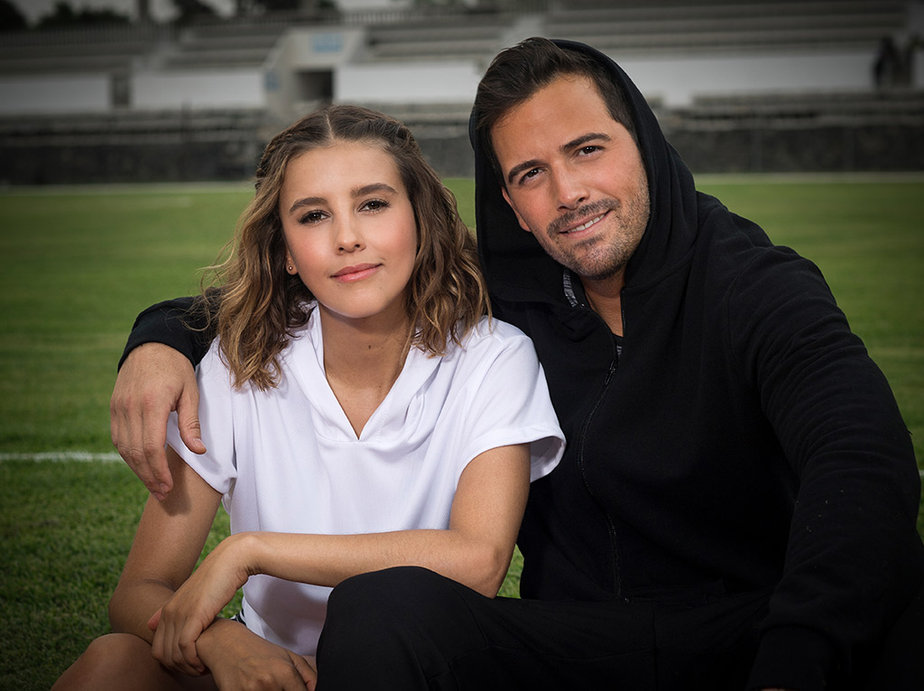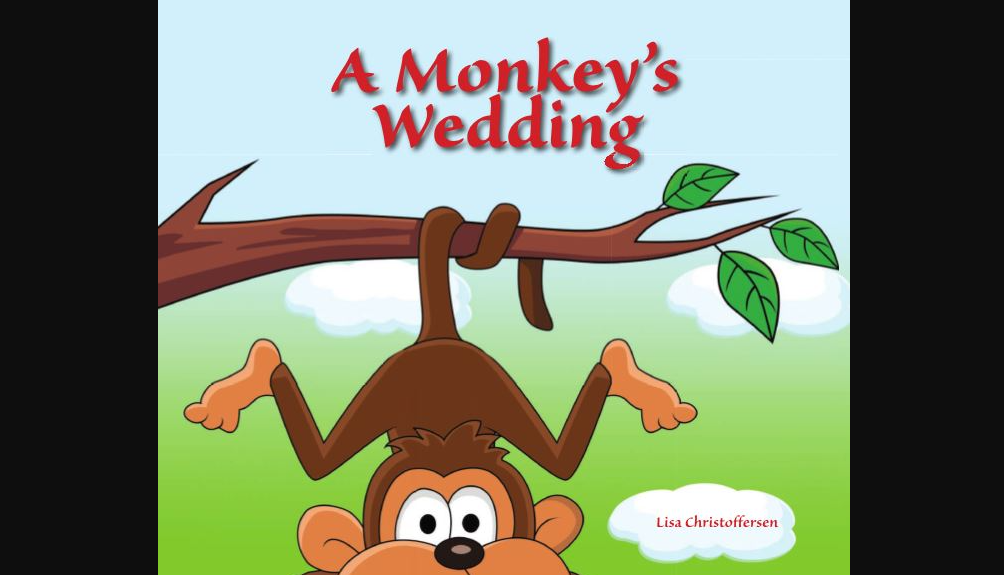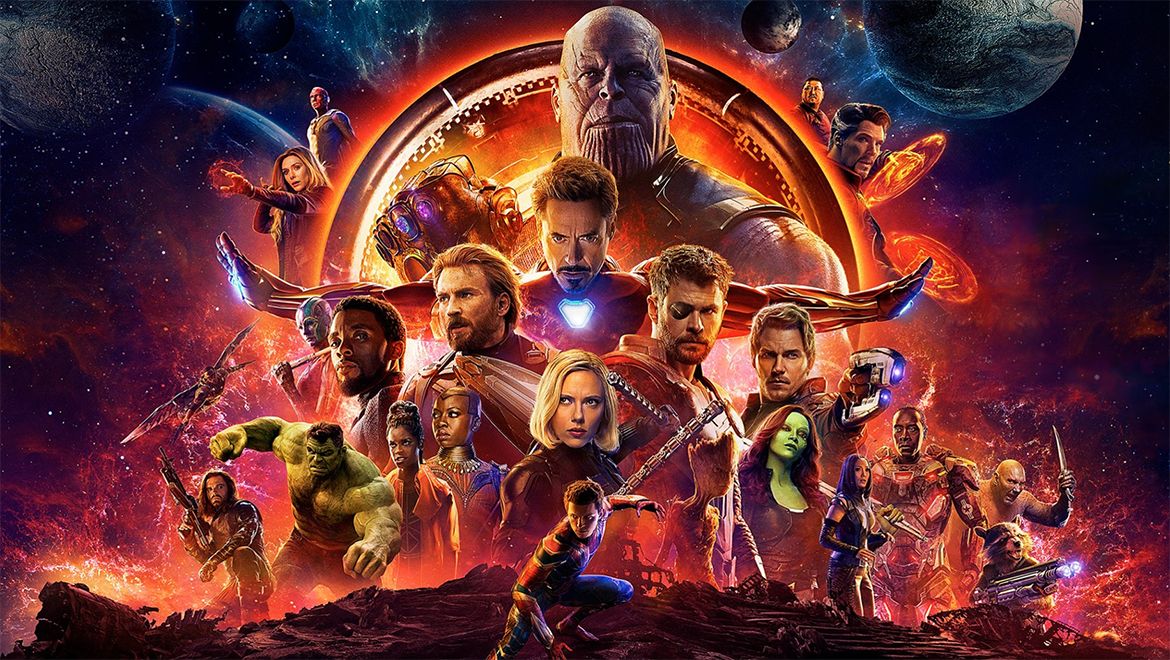
"I Would Love It if Regular Kenyans Started Seeing Themselves as Part of This Story", Resson Kantai Duff on Bringing the Conservation Narrative Closer to Home
11th Apr, 2022 at 10:29AM
Deputy Director of Ewaso Lions, Resson Kantai Duff is a strong advocate of the importance of diversity in conservation science. Her work revolves around deconstructing the prevalent narrative of conservation which has put humans against natural resources. She believes there is an urgent need to redefine the conservation narrative in Africa, which came with a lot of colonial baggage. Through her work, Resson hopes to give Kenyans a sense of ownership over their wildlife, culture, and land.She shares her story with Damaris Agweyu.Resson, do you consider yourself an activist?I struggle a lot with this word because of its connotations. The first thing it brings to mind is someone yelling at other people, telling them to do better. I struggle with the fact that environmental activism, especially, connotes picketers who are against "development."What I love is building relationships for, not against, things. But this is not always easy, especially for urbanites like me who are so used to exclusionary spaces and creating villains at every turn. That's a game I would love to change.Lion conservation. That's what you are primarily known for.To be honest I talk about "lion" conservation less and less. Because it makes it seem like it's about the single species, whereas conservation is so much more than a focus on a single species, or even the protectionist agenda it implies. Lions are incredibly important and are a symbol of Kenya in many ways. But it has to be more. It has to be about us. Our cultures, our innovation, our land, and how that intersects with wildlife.I would love it if all Kenyans could start seeing themselves as part of the conservation story.You don't feel that they do?No.Why not?In the way it's currently presented, the conservation narrative is too far removed from the regular Kenyan. As it stands today, the only way you can be part of this story is to be a hero of some sort. But we don't need heroes or saviours. The hero story has done enough damage. An intrepid explorer coming from afar to "save" Africa's endangered wildlife. We don't need any more of those even if they are black and Kenyan.That narrative came with a lot of baggage - colonial baggage. We are beginning to recognise this, but the problem is that the men and women who believe themselves to be against the old narrative are window dressing it. There are urbanites who have decided to be champions for wildlife, but they seriously need to revise their approach.I have started figuring out ways to push, to the fore, conservationists who don't fit the profile as it were. One of my proudest moments was taking our Mama Simba ladies to the US. These women demanded to be part of the conservation of their landscape, formed their own programme, and are doing unbelievable work to restore their landscape and be the voice of wildlife. Every year, they hear how we go abroad to tell their stories. They decided that they wanted to tell their stories themselves. It was a beautiful experience to step out of the way and let them do that.How were their stories received?Exceptionally well. But the best thing about it was how the experience changed these women. They hardly ever come to Nairobi, so the city experience is entirely foreign to them. At some point early in the trip, as they gazed up at tall buildings, they told me: Ni kama mzungu ako karibu na mungu (It's like the white person is next to God).I was dumbfounded. I asked one of them, Munteli, if she feels she is "next to God". I directed this question to her because she is the coordinator of a pioneering programme, and is the first traditional Samburu woman to drive a car, because of her sheer capacity to push the boundaries. "Did that make her 'closer to God' than her fellow women?" She said no. I couldn't work out what else to say to convince her that there was no difference between them and us, but graciously, the rest of the trip did the work for me.In the end, they learnt for themselves that every culture has wealth, innovation as well as its fair share of skeletons. There is no better way to convince them that no one can do conservation in their landscape better than they can.Read full story on www.qazini.com→Qazini is a resource for anyone who is looking to improve their professional lives so they can raise their level of prosperity. We provide you with information that can help you on your journey to executing your dreams, we match employers with the right candidates for the job and job seekers with work that is the right fit for their skills.


7th June, 2018 at 10:43AM
The Flight to Victory Delivers an Unforeseen Plot Twist in Finale

15th March, 2022 at 9:59AM
Children's Book: 'A Monkey's Wedding' by Lisa Christoffersen

26th March, 2018 at 4:37PM


